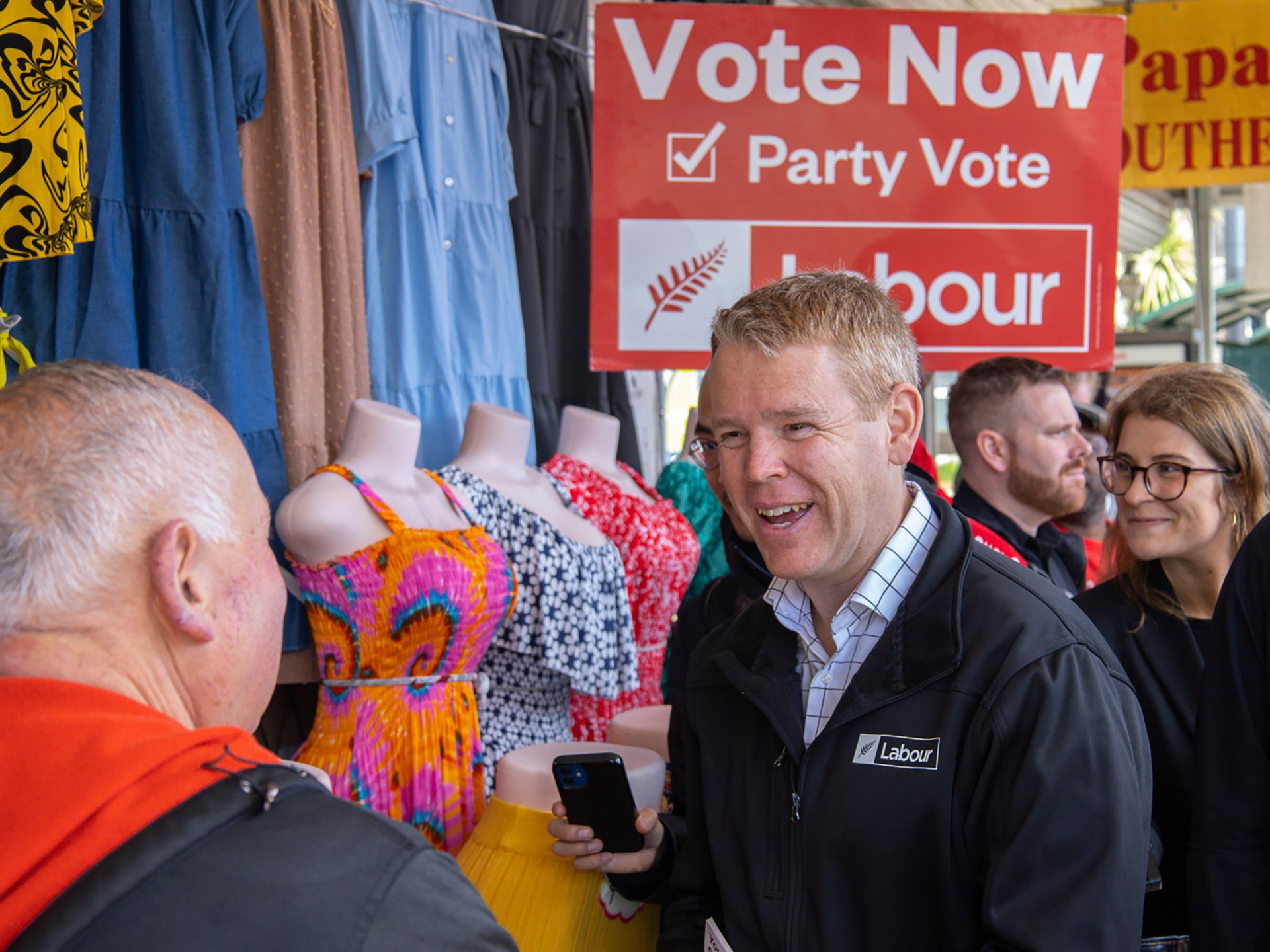Iraq, Neighbors Agree To Step Up Security Cooperation
The foreign ministers of Iran, Iraq, Jordan, Kuwait, Saudi Arabia, Syria and Turkey, and Egypt also condemned "terrorism which targets civilians and governmental, humanitarian and religious institutions, international organizations, and diplomatic missions working in Iraq."
The condemnation did not cover attacks on US and other foreign troops in the Arab country, or even Iraqi forces, reported Reuters.
Asked if the statement meant the summiteers were condemning all acts of resistance in Iraq, Egyptian Foreign Minister Ahmed Abul Gheit, acting as spokesman for the others, said that would be an extreme reading of the text.
Intelligence Cooperation
The summiteers agreed to send their interior ministers and security officials to a meeting in Tehran at the request of Iraq, but set no date for it.
The Iraqi interim government and the US-led forces have repeatedly blamed car bombings and attacks on foreign fighters, allegedly crossing into Iraqi from neighboring countries.
European Union policy chief Javier Solana, who had lunch with the ministers, said the Tehran meeting was to exchange intelligence information which affected border security.
But the ministers did not specifically mention intelligence sharing, saying only that the meeting would discuss getting rid of armed groups and "terrorist" organizations operating in Iraq and in the region.
No Full Recognition
The final communique said the eight governments welcomed the transfer of authority to "the interim ‘sovereign’ Iraqi government" as a step toward forming a truly representative government and achieving full sovereignty for Iraq.
But, they made no public promises to give the new government full diplomatic recognition by sending ambassadors to Baghdad or accepting Iraqi ambassadors in their capitals.
Many of the seven governments have opposed the US invasion of Iraq last year and have only grudgingly cooperated with the political arrangements which the United States has put in place, Reuters said.
Aboul Gheit said the question of sending Arab or Muslim forces to Iraq did not come up at the meeting and Egypt, for its part, would not send troops under any circumstances.
However, Iraqi interim prime minister Ayad Allawi, who was in Cairo separately Wednesday, said he asked Egypt to help convince Arab and Muslim countries to send troops to Iraq.
Following a meeting with Egyptian President Hosni Mubarak, he told reporters Cairo has agreed to train Iraqi police and security forces.
Israeli Infiltration
The meeting lasted hours longer than expected partly because of a dispute over a Syrian demand to include a reference that Israeli agents have been active in the Kurdish areas of northern Iraq, delegates said.
"All the delegations expressed deep concern about the US press reports (of Israeli penetration). The Iraqi foreign minister assured them that there was no truth to these reports…. The ministers decided that this subject would remain under review," Aboul Gheit told a news conference.
Iraq and Turkey opposed any mention of Israel in the statement and eventually won their way, the delegates said.
Brig Gen Janis Karpinski, a senior US officer, revealed on July 4 that Israeli interrogators are working in tandem with the US-led occupation troops in detention facilities across Iraq.
Karpinski, the US officer at the heart of the Abu Ghraib prison scandal, said she herself met an Israeli interrogator at a secret intelligence center in Baghdad.
Seymour Hersh, the New Yorker journalist who took part in exposing Abu Ghraib sex scandal, said Israeli intelligence and military operatives were quietly at work in northern Iraq, providing training for Kurdish commando units and running covert operations inside Kurdish areas of Iran and Syria.
Iraqi Health Ministry sources confirmed last September that tons of expired Israeli foodstuffs had flooded Iraqi markets since the first days of US-led occupation.
A center of the Washington-based and Mossad-linked Middle East Media Research Institute (MEMRI) was opened in Baghdad , in a provocative move seen by Iraqi academics as the beginning of an Israeli scheme to infiltrate Iraqi society.



